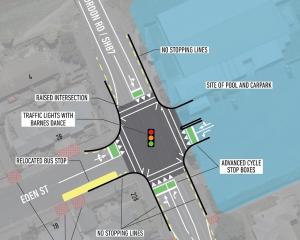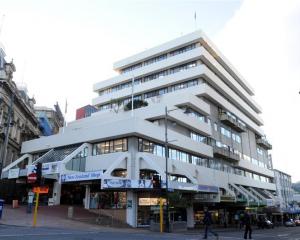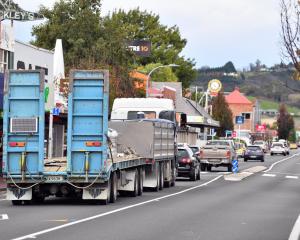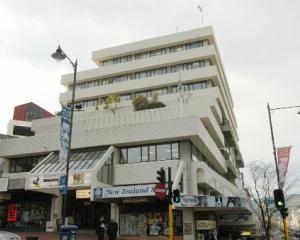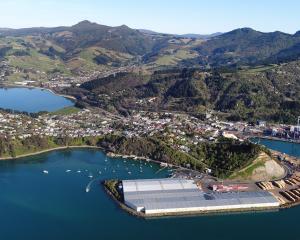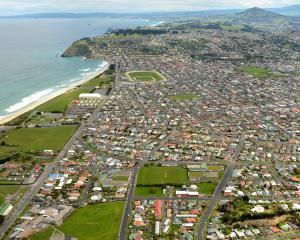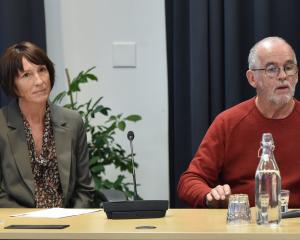Bars in Dunedin may have to close at a uniform hour, the development of new residential taverns may be stopped, and bottle stores may have to close at 10pm, under proposals in a draft alcohol plan for Dunedin.
In this month's issue of City Talk, the Dunedin City Council publication, parts of the draft alcohol plan were outlined.
The draft has been released to Public Health South, police, licensees, the University of Otago and the Hospitality Association.
The completed document is expected to be released for public consultation in March.
Local authorities throughout the country have been formulating alcohol plans for their areas.
Dunedin City Council liquor licensing and projects officer Kevin Mechen is co-ordinating the alcohol plan with input from police and Public Health South.
Some of the points include:
• A uniform reduction of opening hours for on-licence premises in non-residential areas from 7am to 3am.
• A one-way door policy from 1am, meaning no patrons would be allowed inside bars from that time.
• Trading hours for off-licences changed from 24 hours to 10pm closing.
• Contractual agreements between the District Licensing Authority and licensees on when, and how, they can serve alcohol to patrons outside.
• Premises which attract queues will have to develop a queue management plan as part of their licence application.
• Not allowing new licensed hotels and taverns in residential areas.
• Limiting opportunities for the expansion of poker machines.
Mr Mechen said the idea was to promote discussion on proposals before a final plan was set.
It was difficult to predict how and when the plan would be used, because of the current review of the Sale of Liquor Act by the Law Commission.
However, the aims of the plan remained the same and that was to reduce alcohol-related harm.
"We hope to put in place an environment that can help those people who are trying to change the culture."
Mr Mechen said there would always be people who said the plan was too strict, but they aimed to find an easy medium between those who liked partying and those who had to deal with the consequences of excessive alcohol consumption.
Public Health South medical officer of health Dr Marion Poore said both New Zealand and international research had shown steps needed to be taken to reduce harm.
Prof Doug Sellman, of the University of Otago's National Addiction Centre, recently presented his recommendations for reducing alcohol-related harm in a succint manner, she said.
They were: raise alcohol prices, raise the purchasing age, reduce accessibility, reduce advertising, reduce the blood-alcohol limit for drivers and increase treatment options for problem drinkers.
Police liquor licensing Sergeant Wayne Pitcaithly, of Dunedin, told City Talk the proposals would help to reduce police work load.
"After 3am, it's terrible out there. Dunedin can be quite a violent city."
Hospitality Association of New Zealand Otago branch president Mark Scully declined to comment because he had not discussed the document with the local committee.


